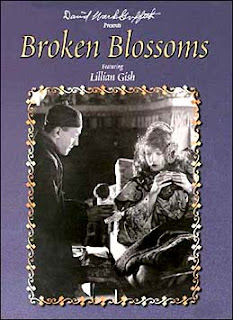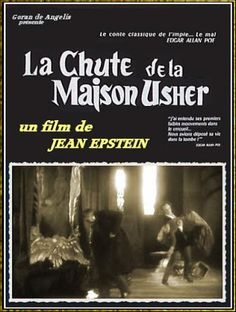Broken Blossoms (1919)

With the progressive abolition of slavery in the New World from the early 1800s, governments of all American countries started to encourage immigration from Europe and Asia so as to supply their expanding economies with labor cheaper than that of the newly freed slaves. The general public, who, at first, more or less tolerated that practice, had become extremely averse to it by the early 20th century, as labor was no longer in short supply and the fear of having jobs taken by immigrants was widespread. Moreover, the then growing Social Darwinist movement, which considered all immigrants to be inferior to the dominant white race and, because of that, predisposed to crime and vice, disseminated the idea that miscegenation would ultimately lead to anarchy, further contributing to the ostracism of immigrants by the societies they had helped to build. As a consequence, those "outsiders" were eventually forbidden by law to marry outside of their race, being either segregated t



